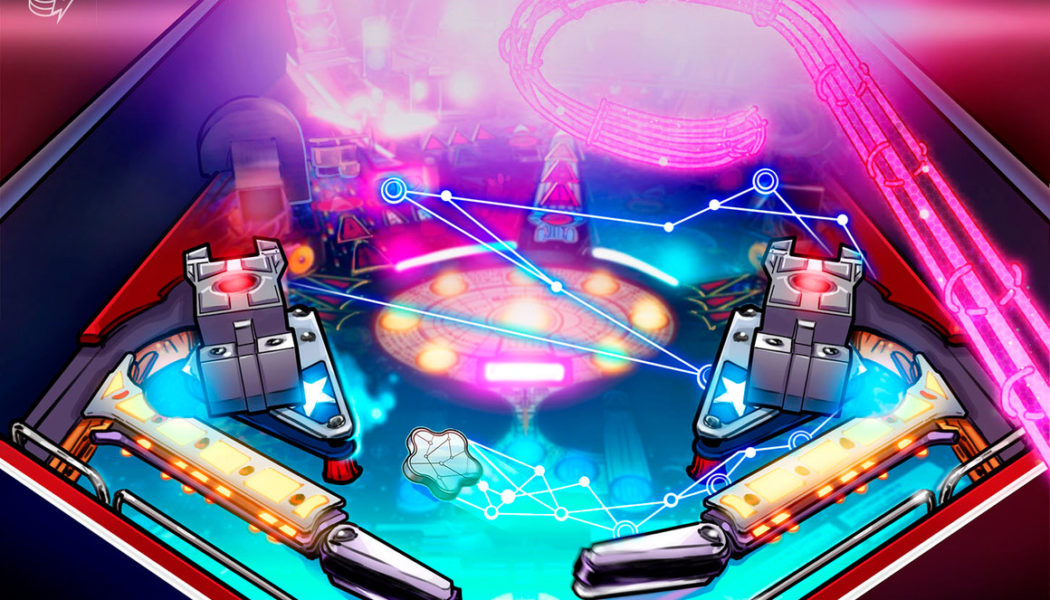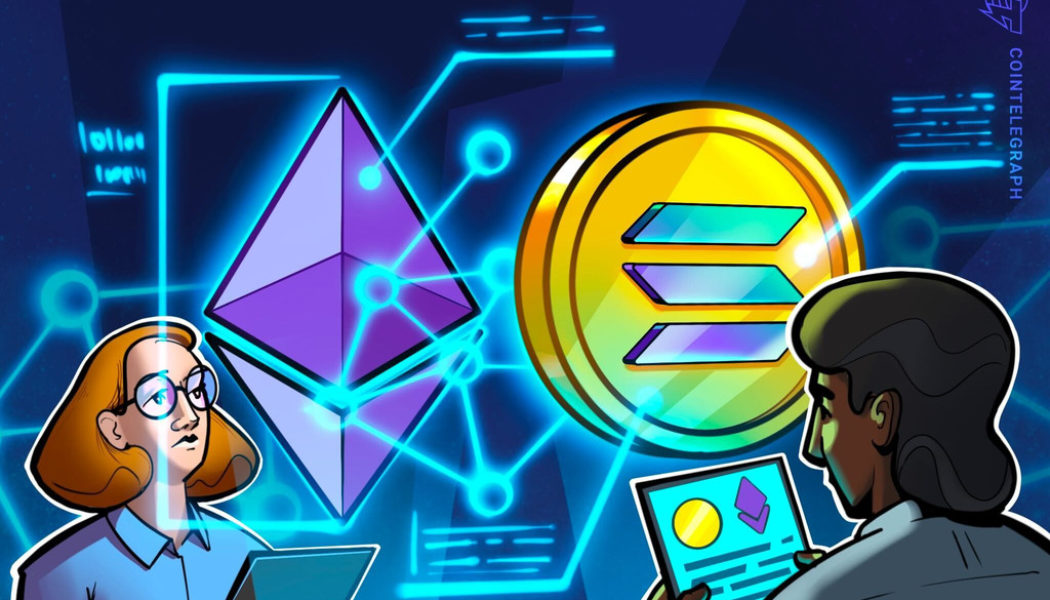Hacken
Major hack on play-to-earn crypto games a ‘matter of time:’ Report
“Unsatisfactory” cybersecurity measures among play-to-earn (P2E) crypto games pose a great risk to GameFi projects and their gamers alike, warns blockchain cybersecurity auditor Hacken. In a Monday report shared with Cointelegraph, Hacken said that data indicates that GameFi projects, the category which P2E games would fall under, often “put profits above security” by releasing products without taking appropriate precautions against hackers: “GameFi projects […] do not follow even the most essential cybersecurity recommendations, leaving malicious actors numerous entry points for attacks.” P2E games often incorporate nonfungible tokens (NFTs) in their ecosystems in addition to crypto. The largest projects, such as Axie Infinity (AXS) and StepN (GMT), use a wide array of products...
Solana and Ethereum smart contract audits, explained
As you might expect, this depends on how complex a smart contract is. According to Hacken, this can extend to $500,000 for larger projects where there are more lines of code — not least because of the additional engineering hours it’ll take. The company argues these costs pale into comparison with the economic damage that a smart contract vulnerability can bring. Hacken cites data showing that, in 2021, 80% of the incidents affecting decentralized applications related to smart contracts — with losses hitting $6.9 billion. Breaking this down even further, and we can see that the average cost per project stands at $47 million. Somehow, $500,000 looks a lot less expensive now. Overall, 60% of its clients have been based on Ethereum so far in 2022. And here&...



